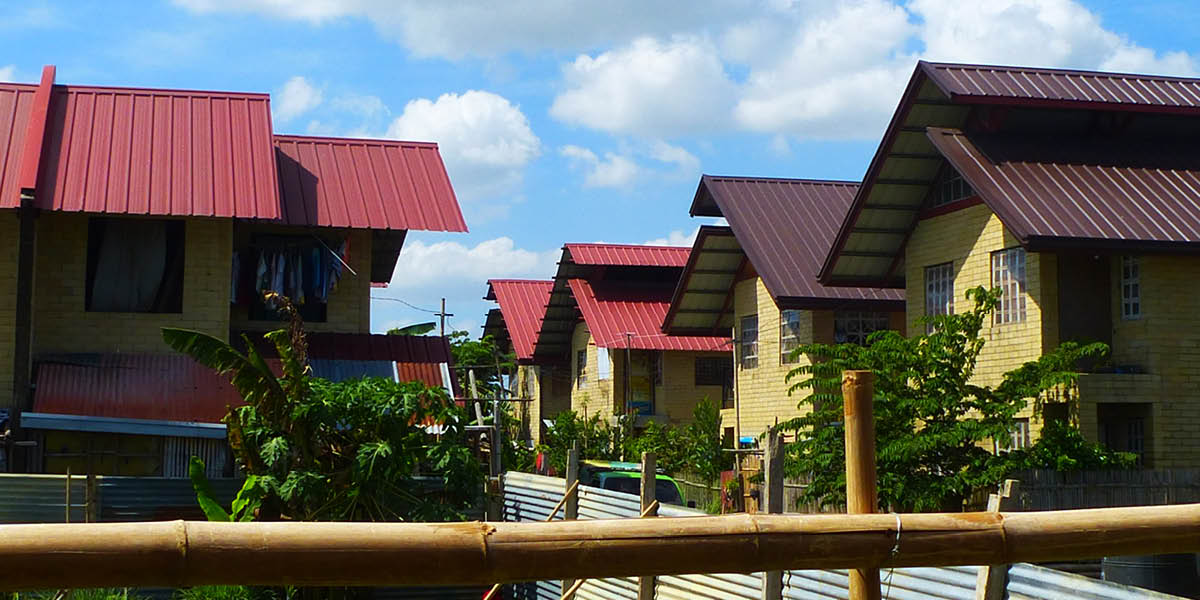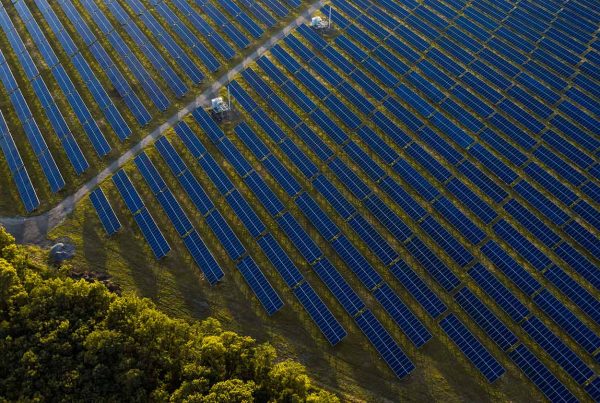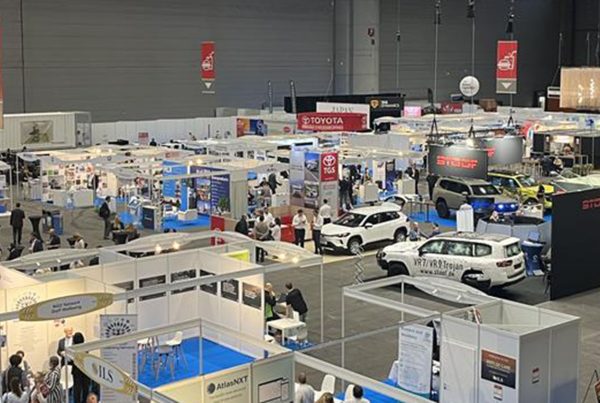Georgie is Head of Communications and External Affairs at Reall & was recruited by Oxford HR into the role in 2019.
Today is World Cities Day and it’s clear that the future is urban. By 2050 more than two thirds of the world’s population will live in cities and figures show that 90% of urban growth this decade will be concentrated in Africa and Asia.
Globally more than a billion people live in substandard shelter and there is a housing deficit of at least 70 million in South Asia and 50 million in Africa.
Where you are born should not dictate your life chances and currently people living on low incomes are being bypassed by rapid urbanisation.
Reall is an innovator and investor in affordable homes and believes that these 1.2 billion children, women and men aren’t a problem that needs solving, they’re a future that needs unlocking. The affordable housing crisis is one of humanity’s greatest challenges. It is also one of humanity’s greatest opportunities.
Reall is building an affordable homes movement which will improve the life chances of 100 million people in urban Africa and Asia by 2030. Enabling people on a low income to buy their own home not only breaks the poverty cycle, it also triggers many social and economic multipliers.
We believe humanity’s greatest challenges are interconnected, and affordable homes can impact them all.
Building homes that have decent toilets and washing facilities means for every £1 spent on sanitation has a return of £5.50 from increased productivity and lower health care costs.
It also frees women from the time-consuming burden of collecting water. The impact of women being able to fulfil their true economic potential represents a GDP increase of $28 trillion, almost 1.5 times the economy of the US.
Reall estimate that affordable housing represents an untapped £14 trillion market. The World Bank states that every house built creates five jobs and according to the United Nations housing construction has a multiplier effect on initial investment of 300% in most developing countries.
Affordable homes are not only a fundamental human right, but they unlock unimaginable human potential to shape a future of gender parity, climate resilience, renewable energy and socio-economic justice.
They are also quite literally personal protective equipment in the face of global pandemics such as Covid-19.
Cities have showcased that overcrowding and poor-quality housing is inextricably intertwined with Covid infection and death rates. The pandemic is a powerful reminder that the international community is deeply interconnected, and densely populated cities are at the frontline. Our interdependence means a pandemic in the slums of Nairobi is as much of the world’s problem as it is in the streets of London. It is in all our interests to protect the vulnerable and housing can either be a pain point or a panacea.
Overcrowded settlements must be decongested and the widespread construction of decent, affordable housing in Africa and Asia needs to be a foundational part of any post-pandemic recovery plan, to revive economies and help prevent future local and global shocks.
The Covid crisis is an urgent wake up call to drive innovative new approaches and jumpstart more climate-smart resilient economies.
The silver lining of this crisis is the opportunity is to pioneer green energy and applying construction and standards which are environmentally sustainable.
Urbanisation treads a heavy carbon footprint, so ensuring that the cities of the future are sustainable is one of the most pressing priorities facing us. The construction sector is a leading global contributor to greenhouse gas accounting for almost 40% of the world’s total CO2 emission. Because housing construction is responsible for such a sizeable chunk of global carbon emissions it also means there is huge potential for a large global CO2 reduction with the adoption of greener practices.
Reall is pushing to unlock the potential of green infrastructure through affordable housing across emerging markets in Sub-Saharan Africa and South Asia. Trialling innovations such as eco bricks, which replace clay bricks, that burn significantly less trees and natural resources. Also building with local, sustainable materials like internal bamboo walls and insulated roofs.
Other technology includes climate smart flatpack and modular designs which simplifies supply chains by significantly reducing transportation costs. They are also beginning to integrate bio-gas waste treatment and of course solar power.
There is a huge opportunity to mitigate climate change in conjunction with providing affordable housing, introducing renewable energy into every new home which could stimulate an enormous market in sustainable building materials.
The UK could lead the world in demonstrating disruptive build methods that reduce emissions and promote development, especially for women and girls who are disproportionally hard hit by climate change. This is especially timely as next year the UK takes on the presidency of the G7 and hosts the delayed COP26 climate summit. It’s a golden opportunity to showcase our green credentials.
On World Cities Day, decent housing for cities dwellers isn’t just the right thing to do, it’s the smart thing to do and Reall has proved we can do it without harming humanity’s shared home.



